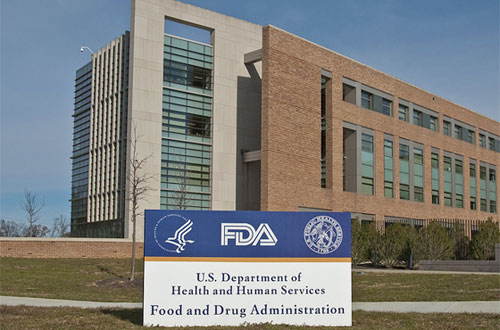
Sarepta is preparing to file a follow-up to its Duchenne muscular dystrophy (DMD) treatment Exondys 51 that seems to have greater efficacy.
Shares in the company were on the rise after it reported positive data from a phase I/II trial of the follow-up – called golodirsen – which showed the exon-skipping drug met its primary objective of raising levels of functional dystrophin, a protein that is mutated in DMD leading to the characteristic muscle wasting symptoms.
The European trial in 25 boys with deletions in the dystrophin gene amenable to treatment with golodirsen – an exon 53-skipping drug – showed that dystrophin levels increased to 1.019% of normal from an average baseline level of 0.095% of normal, which is a 10-fold increase and superior to that seen with exon 51-targeting Exondys 51 (eteplirsen). Some clinicians have suggested however that restoring dystrophin levels to 10% may be needed to have a real clinical benefit.
Nevertheless, Sarepta is hoping that data may be enough for it to file for conditional approval of the drug while it carries out a phase III study due to complete in 2-19, although the FDA may be wary of hastening the new drug through regulatory review too quickly after being criticised for its approval of Exondys 51 last year, the first DMD drug to clear the agency’s review.
The internal rift at the agency, which resulted in one reviewer resigning, brought the agency’s review processes into the spotlight as the agency’s top management effectively overruled its own scientists, Exondys 51’s $300,000 per patient per year price tag only added to the controversy, although Sarepta – which is predicting revenues of up to $130m this year – argues the price is justified as it has already spent around $1bn developing its DMD therapies.
Exondys 51 only treats around 13% of DMD sufferers, while golodirsen and another drug in Sarepta’s pipeline – exon 45-tageting casimersen – would add another 16% of patients to the tally. Sarepta says its goal is to be able to prove a treatment for 100% of all DMD patients.
One of the most common fatal genetic disorders, DMD affects approximately one in every 3,500 – 5,000 male births worldwide.




